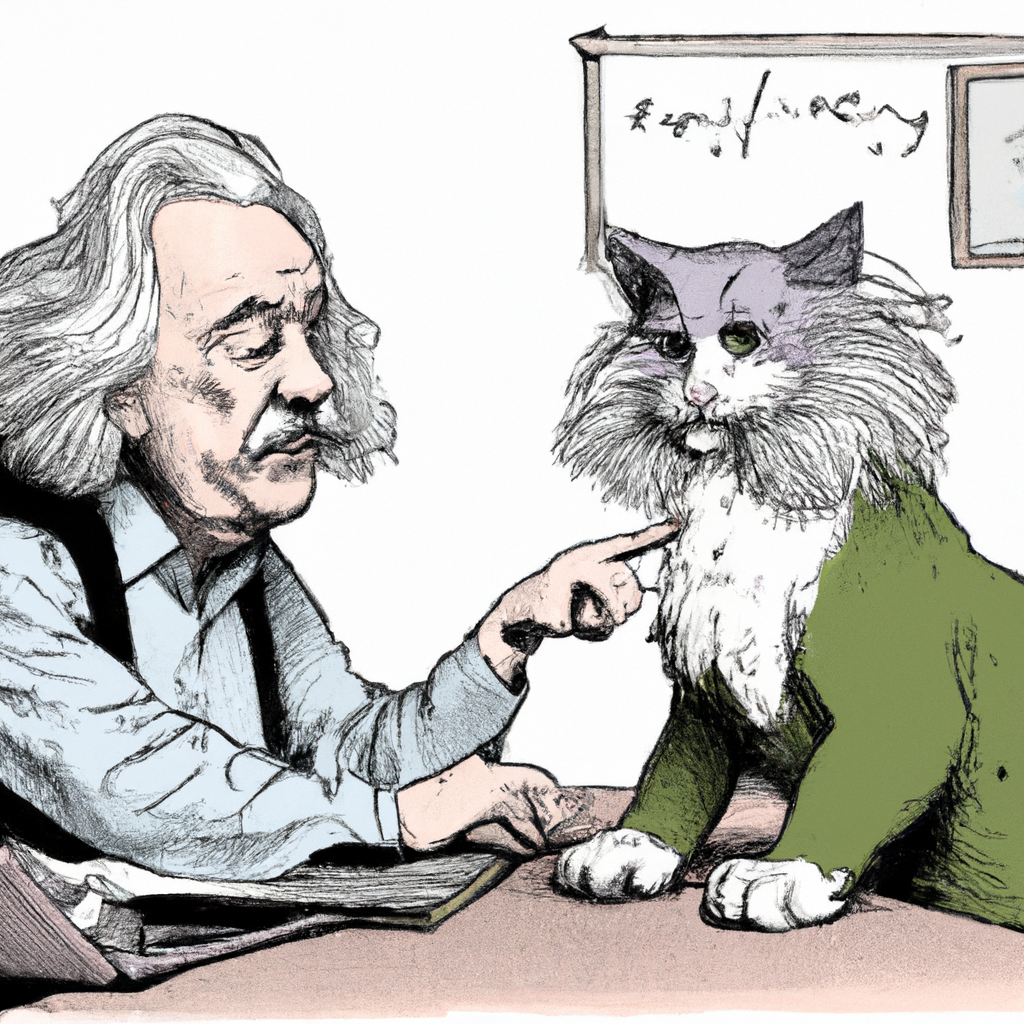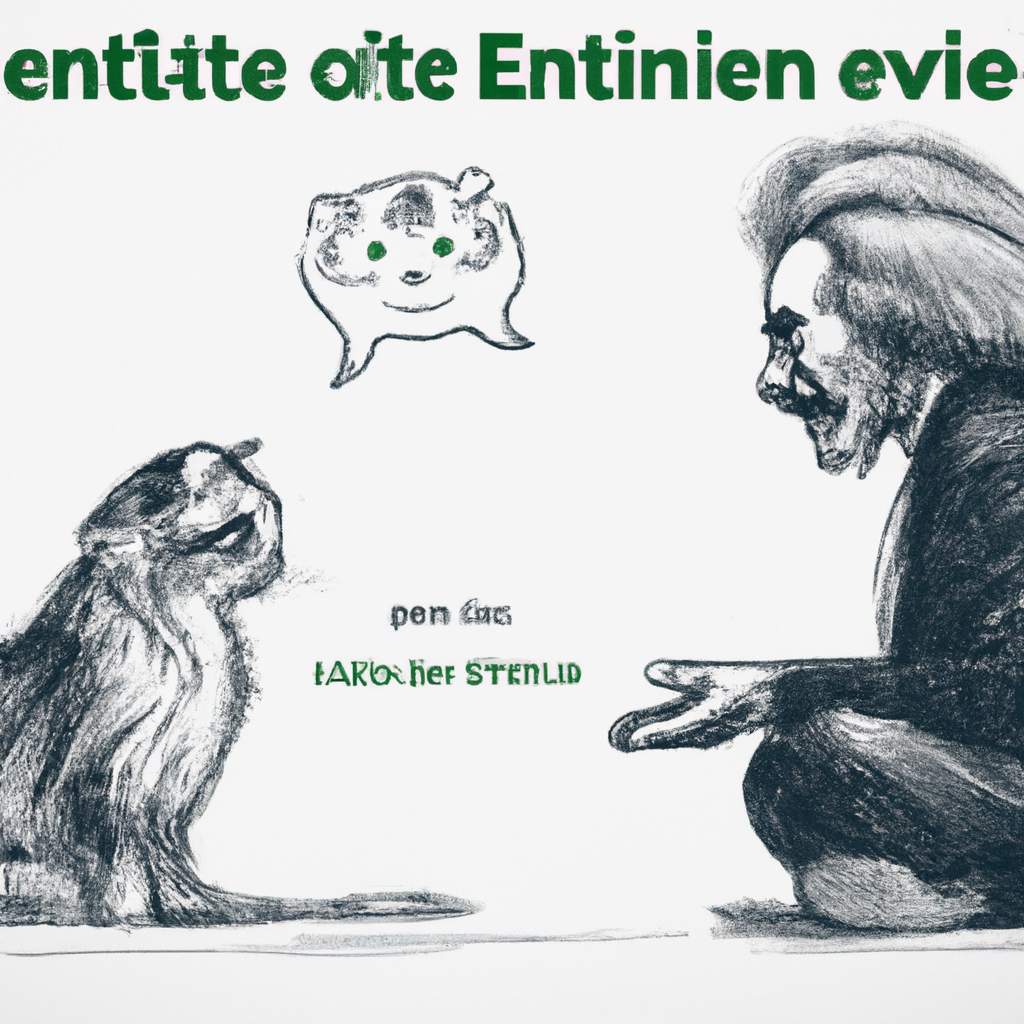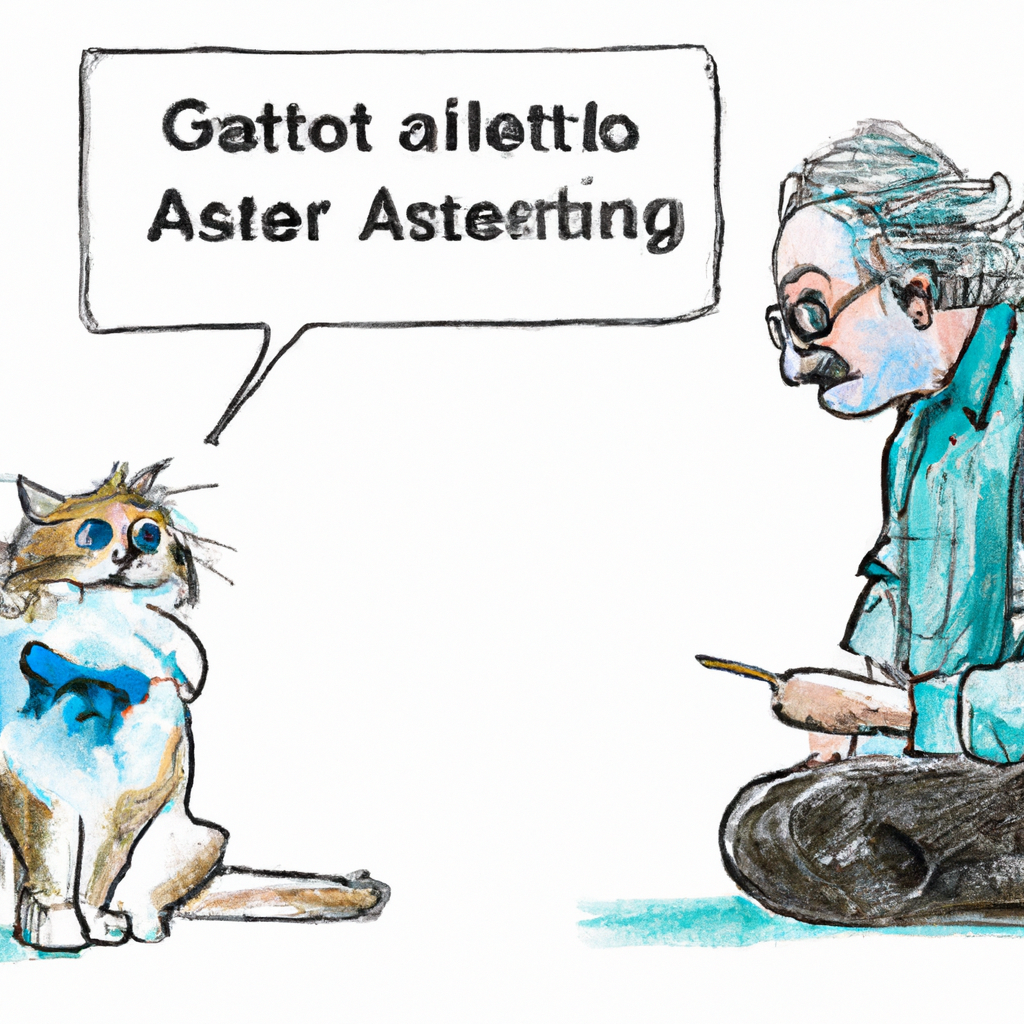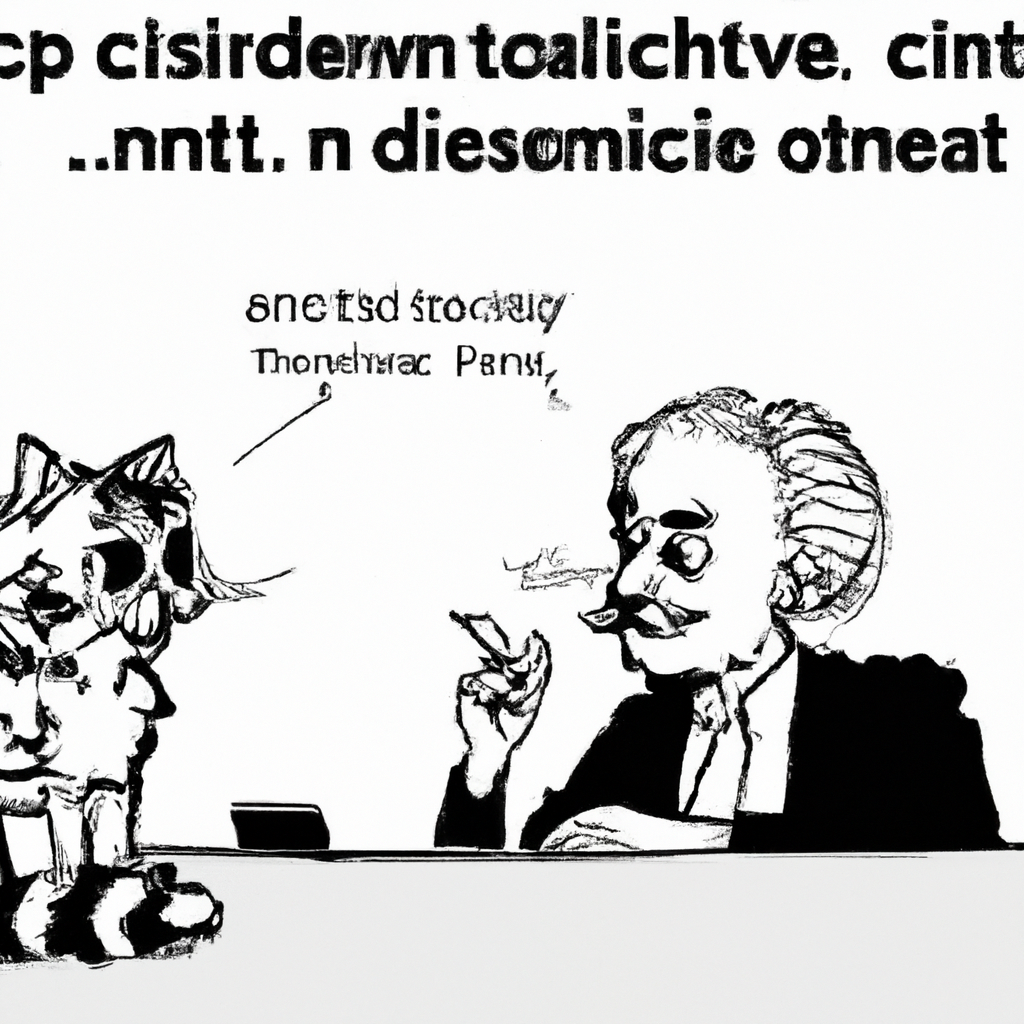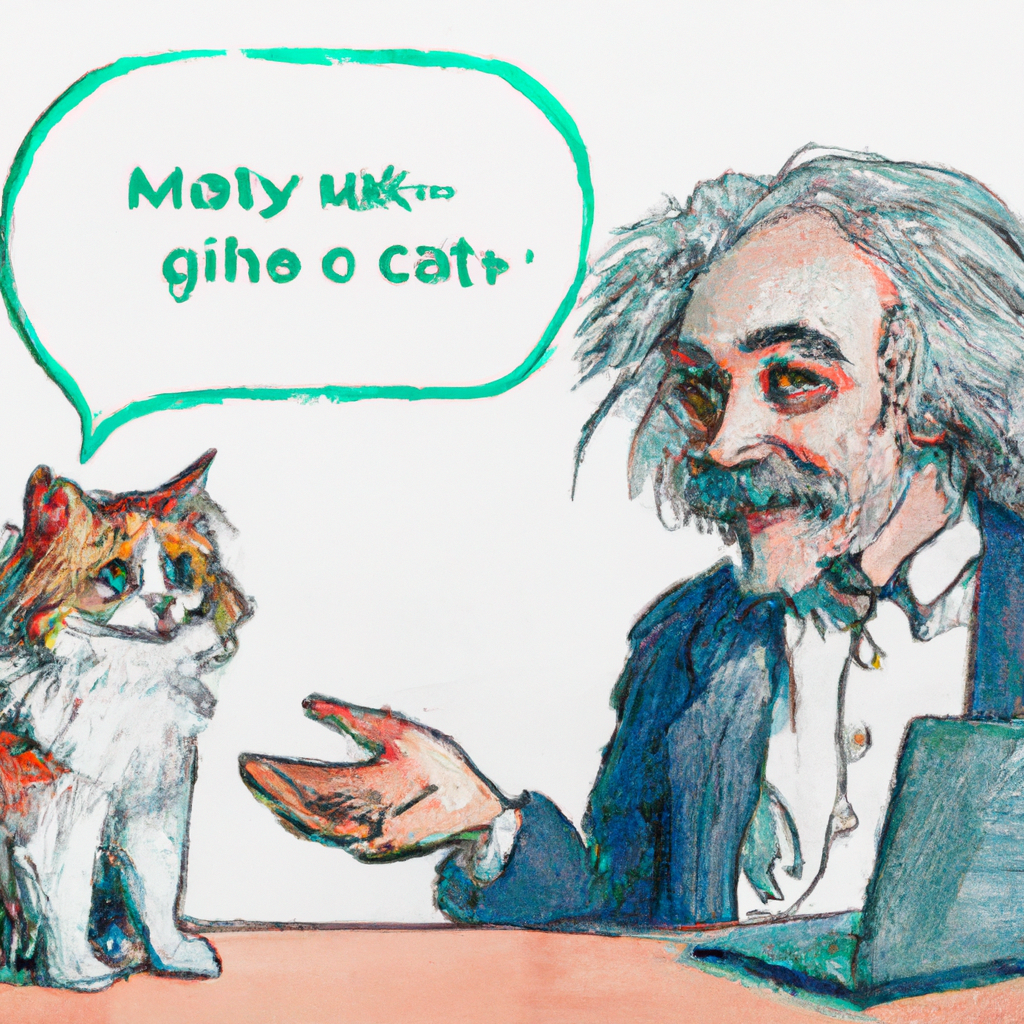 Title: Harnessing the Power of AI with OpenAI’s ChatGPT: Features, Updates and Optimal Use
Title: Harnessing the Power of AI with OpenAI’s ChatGPT: Features, Updates and Optimal Use
Artificial Intelligence (AI) has revolutionized myriad industries by providing game-changing solutions to complex problems. Amongst numerous AI-powered tools available today, one that particularly shines in terms of its innovation and effectiveness is Chatbot Generation Transformation – often referred to as ‘ChatGPT’. Developed by OpenAI, this advanced conversational model introduces a new dimension into human-computer interaction. This article puts a spotlight on how best to utilize ChatGPT for maximum productivity while discussing noteworthy updates and exciting new features.
## Understanding the Dynamics of Chatgpt
Built upon GPT-3 technology, arguably one of the most sophisticated language models currently existing; ChatGPT uses machine learning techniques combined with vast datasets fed during its training phase. It can comprehend context from user input then generate relevant responses based on prediction probabilities making it an incredibly reliable tool for various applications like customer service bots or interactive story-telling interfaces.
## Making Most Out Of The System Messages Feature
One significant feature introduced in recent updates is system messages which sets up initial instruction for chatbots before conversation begins with users. For example:
“`python
‘messages’: [
{‘role’: ‘system’,
‘content’:’You are an assistant trained extensively in catering.’},
{‘role’:’user’,
‘content’:’I need help planning a menu’}
]
“`
The above code instructs the model at outset ensuring your ‘assistant’ sticks within specified parameters throughout ensuing dialogue.
## Benefiting From User Instructions
To ensure better compliance from your chatbot user instructions play critical roles too; sometimes even overruling system messages due to their proximity within dialogues occurring later rather than earlier unlike system message commands given at beginning only once.
For instance:
“`python
{‘role’: ‘user’,
‘content’: ‘
“`
In the above example, “instruct” keyword steers the model into task mode leading it to generate accurate translation.
## Exploiting Temperature and Max Tokens
Manipulating ‘temperature’ and ‘max tokens’ can fine-tune your interaction with ChatGPT. A higher temperature value (close to 1) increases randomness in output making responses broader while a lower one (approximately 0.2) presents more focused replies.
For instance:
“`python
{‘role’: ‘system’,
‘messages’:[{‘role’:’user’,
‘content’:’tell me a joke’}],
‘temperature’:0.2}
“`
This will most likely yield popular or generic jokes from dataset due to low randomness.
Conversely,
“`python
{‘role’: ‘system’,
‘messages’:[{‘role’:’user’,
content:’tell me a joke’}],
temperature:1}
“`
Owing high likelihood of variation in answers now they could be humorously absurd too at times!
The ‘max tokens’ parameter is handy controlling length of generated messages either limiting them if required short or extending when needing detailed outputs.
## Exploring Other Features
ChatGPT comes equipped with many useful features like “Feisty Mode” increasing assertiveness during interactions; “Longform Mode” crafting extensive dialogues besides standard ones; also allowing possibility for customizing own chat behaviors that OpenAI plans unveiling soon hopefully keeping user convenience prioritized always thereby revolutionizing AI-chatbot experience altogether!
Nonetheless it’s important staying updated about changes because as AI technology advances tools keep evolving frequently introducing new features plus improved functionalities periodically ensuring users derive best benefits out of such ground-breaking developments happening within global AI landscape presently!Setting clear intentions during the interaction can help in better utilizing Chat-GPT. For instance, if an individual is using it to learn about historical events, they should ask questions directly related to their topic of interest. Instead of simply asking “Tell me something interesting,” a more effective approach would be specifying the request such as, “Provide details about the French Revolution.” This specification allows for focused use of GPT’s capabilities and can result in gaining comprehensive insights into desired subjects.
Moreover, continuously refining and iteratively clarifying ambiguous or vague queries will yield better results. If dissatisfied with provided answers, rephrase or provide additional context to improve response quality.
Understanding that while AI has improved significantly over time it still makes mistakes (like misunderstanding inputs) will set realistic expectations when interacting with Chat-GPT.
Furthermore combining different styles – instructive command style (“Translate this text into Spanish.”), investigative question style (“What are recent advances in neural networks?”), brainstorming companionship style (“Can you generate ideas for a novel based on a futuristic society?”) – is beneficial depending upon requirement at hand.
Lastly being aware that feedback helps drive improvements; flagging incorrect responses assists continually enhancing its learning process ensuring greater accuracy over time.
### Here’s a Story about Gato Rico
Once upon a time in the bustling charm of Buenos Aires, lived an eccentric feline named Gato Rico. He wasn’t your typical cat; he loved empanadas more than fish and had an odd fascination with tango.
Gato Rico would strut around town like the dandy that he was, his shiny grey coat always impeccably groomed. Every day, Mariachi music filled his little apartment as if it was some kind of Latin American opera house. And this is where our story begins…
One fine afternoon, while taking to my AI-powered companion chat-gpt for writing inspiration about animals’ everyday shenanigans (trust me – never unexciting), I decided to get snazzy and engage gpt-chat into acting out as Gato Rico himself!
I began typing:
“Hello! This is Chat-gpt today signing in as… drumroll please… *Gatoooo Ricooo!*”
And lo-and-behold came its cheeky response:
*”Hola amigos! Ready for another pawesome day? Now where are those delicious empanadas?”*
From then on our conversation spiralled into sheer hilarity.
Every morning we’d begin with: “Buenos Dias Gatito!” To which Chat-GPT-as-Gator-Rico would reply enthusiastically:
*”Ah bueno dias amigo mio! Anything exciting happening today other than these tempting mice I see running around?”
Our conversations grew incredibly immersive over days–chatting about his imaginary escapades rooting from salsa dancing classes to dodging angry chefs at local bakeries trying to steal churros. Not forgetting how once he mistook hot sauce for milk – let’s just say you haven’t seen anything till you’ve witnessed a Tango-dancing cat guzzling gallons of milk after accidentally tasting Habanero peppers.
Chat-GPT aka ‘Gatito’ became my daily dose of laughter. It was astounding how the AI took it into stride, responding with a unique blend of immaculate timing and witty responses.
And so, my experiments with Chat-GPT taught me that not all technology interactions have to be rigid or purely transactional – sometimes they can involve an Argentinian cat named Gato Rico who loves his empanadas hot and his mornings filled with lively Mariachi music!
